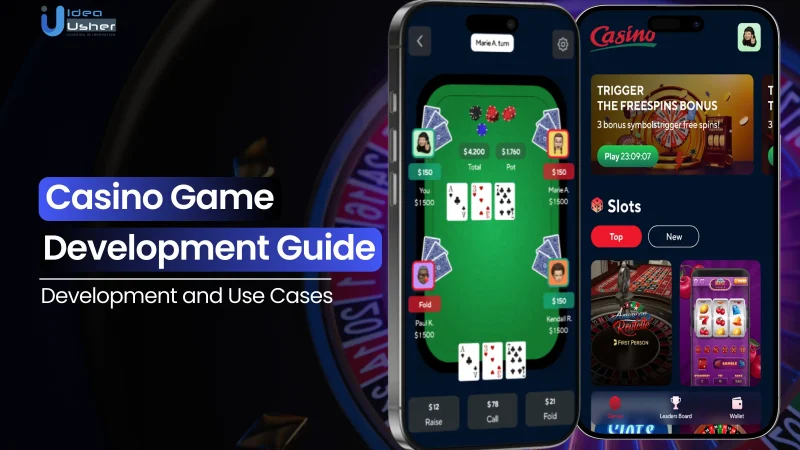Game Rules of Blackjack

There are certain game rules you should understand before playing blackjack. For example, a dealer must stand on a hand containing an ace or higher. Otherwise, he must hit. A dealer may also hit if he has a hand of two or three. This means that the dealer cannot get a better card than yours. In addition, a dealer must stand on a soft 16 as well. If the dealer has an ace, he must hit it.
In the blackjack game, there are two players and a dealer. In this game, the dealer receives two cards facing up, and the player is given one. The player may then place bets within the limits. After receiving the first two cards, the croupier asks each player if they require more cards. If they do, they can double their bet. A player can win when the dealer’s hand total is equal to or higher than 21.
A player may choose to split the same-valued cards, double a hand, or split it. A player may double a hand if the value is higher than the dealer’s. A player is paid 1:1 for a blackjack, while a dealer must reach 21 to win. A player may also choose to stand if he has an ace-high hand. If the dealer’s hand total exceeds 21 points, he is automatically out.
During a game of blackjack, players must focus on forcing the dealer to bust or go over 21. Players should assume that any card not visible is a ten-valued card, which will give them an advantage. Double down if your hand total is higher than the dealer’s, as this will increase your chances of winning. In some cases, doubling down will increase your chances of winning by 100%. However, this is rarely the case.
The first card dealt in blackjack is an Ace. The Ace is worth one point, while other cards are worth one to eleven points. In addition, any other cards you draw are worth a number between two and ten. When the dealer’s card value is lower than yours, you can bet larger amounts. When the deck contains several aces and tens, you can increase your starting bet to cover the dealer’s hole.
Aside from the basic game rules, you should be aware of the insurance bet. You can place a side bet against the dealer’s hand if he has an Ace. Insured bets pay 2:1 if the dealer has blackjack, but if the dealer doesn’t have it, you lose the money. Similarly, insurance bets pay two to one if you win. If you win, you lose only half of your bet.
If your starting hand is two of a kind, you can split it in two. Splitting creates two pairs, and you must bet an additional amount on the second hand. Usually, splitting works best when you have cards that add up to eleven, nine, or ten, but the same is true for eighteen/teen/21. This rule is not allowed in all blackjack versions, but in classic games, splitting is allowed only once.







